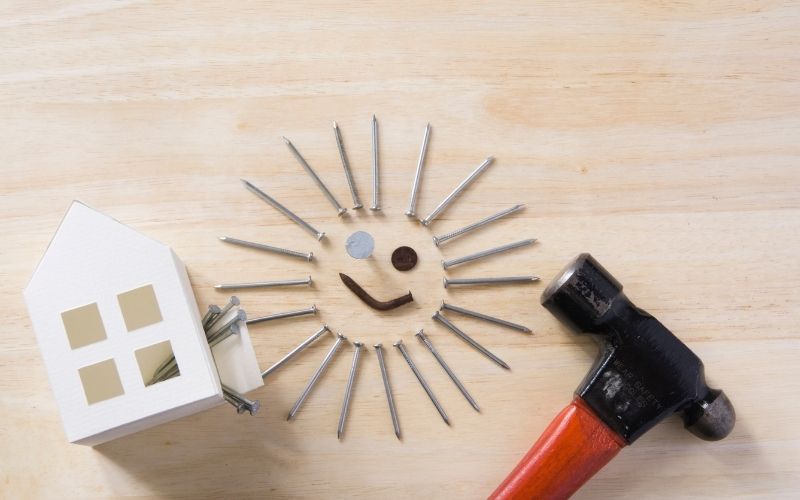Use A Fixer-Upper Mortgage To Expand Your Options

Many people purchasing a home for the first time are running into the same problem. There simply are not enough starter or entry-level houses available in the current market that are ready for people to move into. One solution some home buyers are exploring is to buy a fixer-upper home. With a home renovation mortgage, prospective homebuyers can qualify for a home loan that combines the cost of home improvements with the purchase price of the house.
A Lack Of Affordable Homes
Regardless of whether they are brand new or resale homes, there simply are not enough affordable homes for first-time homebuyers. A significant number of new houses are built for people who are looking to purchase their second or third home. Furthermore, because there is a lot of demand for affordable entry-level houses, their prices have gone up. This makes it very difficult for first-time homebuyers to qualify for a mortgage for an entry-level home.
Consider Fixing Up An Existing Home
With a lack of affordable homes, it only makes sense for first-time homebuyers to consider buying and repairing entry-level homes that might be in need of repair. Because a lot of people do not want to purchase a house that requires repairs, first-time homebuyers might be able to save money by going this route.
There are two separate home renovation loans available. The first is the FHA 203k loan, which is insured by the Federal Housing Administration. The other option is guaranteed by Fannie Mae, and it is called the HomeStyle loan. These loans can cover the cost of most home improvements, regardless of how large or small they might be. Both of these loans can be used to cover cosmetic and structural renovations. With access to this loan, it is possible for first-time homebuyers to begin work immediately after the closing process is done.
Consider Taking Out A Home Renovation Loan
The FHA 203k is for primary residences only. The Fannie Mae HomeStyle loan can be used for either a primary residence or an investment property. They require a minimum credit score of 620 and a down payment of at least three percent. These loans could make it easier for first-time homebuyers to afford a house.

 Although interest rates continue to rise, they are still low and you have probably heard that refinancing could help you save money on your home loan. Even though you are probably focused on current mortgage interest rates, feverishly comparing them to your own interest rate, you need to check your financials first. What are a few important indicators of your financial health that you need to check before you go through the refinancing process?
Although interest rates continue to rise, they are still low and you have probably heard that refinancing could help you save money on your home loan. Even though you are probably focused on current mortgage interest rates, feverishly comparing them to your own interest rate, you need to check your financials first. What are a few important indicators of your financial health that you need to check before you go through the refinancing process? As interest rates fluctuate, you might think about refinancing your mortgage. This is the cost of taking out a new home loan to replace the one you currently have. If you get a significantly lower interest rate, you could save tens of thousands of dollars over the life of the mortgage. On the other hand, you need to think about potential expenses you might incur during the refinancing process. Because you are taking out another home loan, you may need to pay closing costs a second time. What are some of the most common expenses you might have to pay?
As interest rates fluctuate, you might think about refinancing your mortgage. This is the cost of taking out a new home loan to replace the one you currently have. If you get a significantly lower interest rate, you could save tens of thousands of dollars over the life of the mortgage. On the other hand, you need to think about potential expenses you might incur during the refinancing process. Because you are taking out another home loan, you may need to pay closing costs a second time. What are some of the most common expenses you might have to pay?